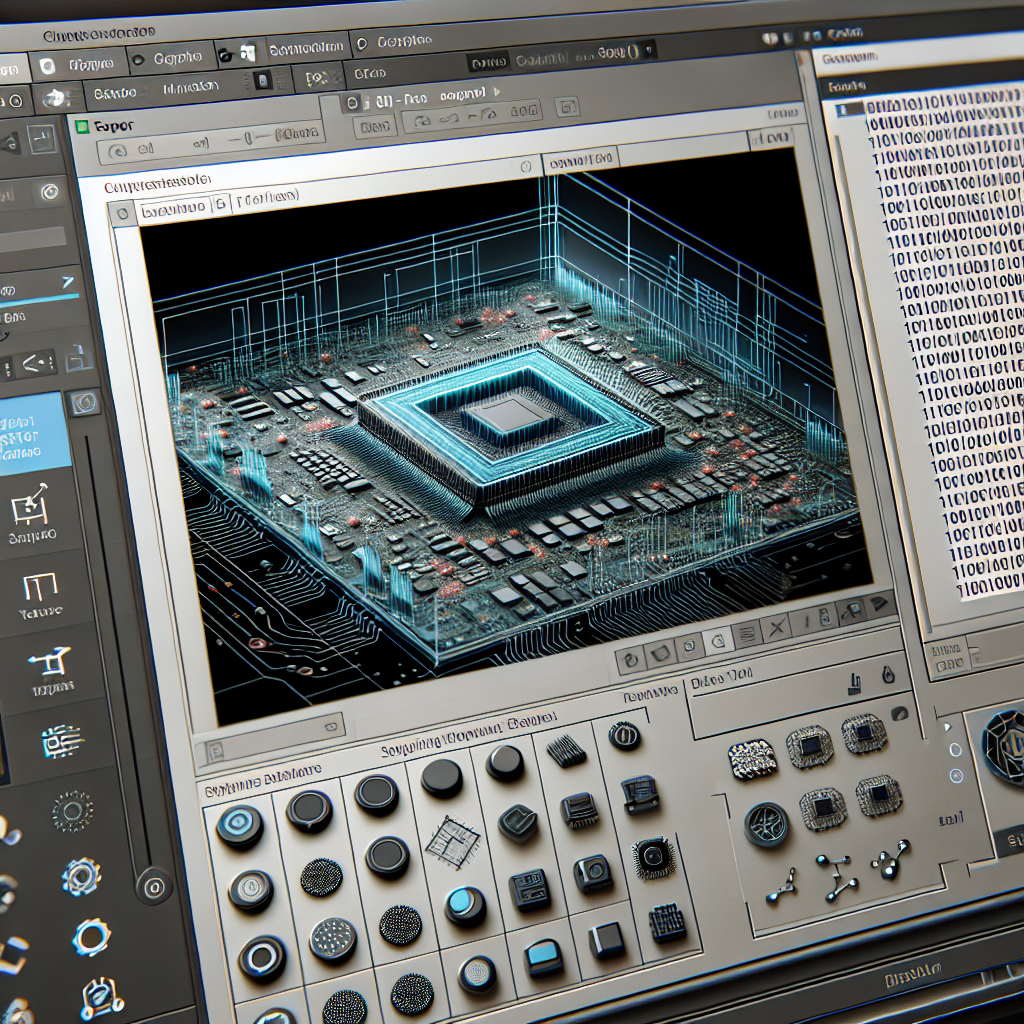U.S.-China Chip Design Software Standoff Resolved: Trade Tensions Eased
U.S. chip design software developers, including Synopsys and Cadence, have lifted export restrictions to China, resolving a dispute over rare earths that impacted a trade deal. Siemens received a similar notice, allowing restoration of access to their technology for Chinese clients. China's restriction retaliations had disrupted various industries.

In a significant thaw in trade relations, U.S. chip design software developers such as Synopsys and Cadence announced the lifting of export restrictions to China. This development resolves a heated dispute over rare earths, which previously threatened a trade agreement between the two nations.
The lifting of the restrictions means that key players in the electronic design automation (EDA) software industry, such as Siemens, will restore access for Chinese clients. The move follows intense negotiations and resolves issues that disrupted several industrial supply chains worldwide, impacting sectors like automotive and aerospace.
The diplomatic breakthrough mitigates the economic disruptions caused by China's previous export curbs on rare earths. The conflict had raised concerns about the potential scuttling of a trade deal aimed at reducing tariffs on both sides. With the tension easing, industries anticipate a return to stability and growth.
(With inputs from agencies.)
- READ MORE ON:
- U.S.
- China
- chip design
- software
- export restrictions
- trade deal
- rare earths
- Synopsys
- Cadence
- Siemens
ALSO READ
European Stock Market Bounces Back with Optimistic Trade Deal Prospects and Impressive Earnings
China Tightens Grip on Rare Earths with Secretive Quotas
Trade Deals Over Deadline: U.S. Treasury's Stand
European Shares Stir as U.S.-EU Trade Deal Looms
High-Stakes Diplomacy: Philippines Seeks Favorable U.S. Trade Deal










